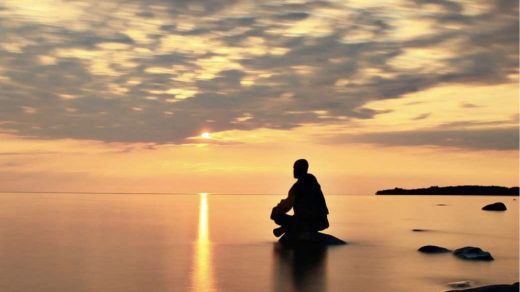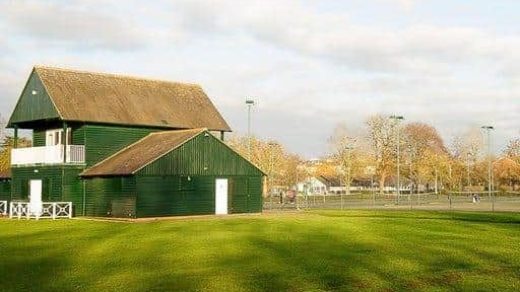Most people have a tendency to judge the environment around them. To make sense of our environment, we analyze, evaluate, and label information as part of our cognitive process. It does anything valuable in this sense. Yet, the results might be detrimental when the judgements are critical and negative, taking the shape of unfavorable assumptions or conclusions based on scant knowledge or preconceived beliefs.
We are unable to fully comprehend another person when we make assumptions about them based on their outward look, actions, or beliefs. We can assume that someone is lesser or vile if they dress differently than us or hold different political or religious convictions.
For instance, we are prone to treat someone with mistrust or contempt if we believe they are dishonest or unreliable. Conflict can result from such an attitude, which can produce a poisonous and unfavorable environment. By harshly critiquing others, we urge others to follow suit, which can create a culture of negativity and criticism that undermines the values of trust, respect, and empathy—all of which are necessary for good relationships.
Our own mental health is also harmed when we are judgmental. Our perceptions of superiority or inferiority can cause us to feel bad emotions like anger, irritation, and resentment as well as feelings of guilt, humiliation, or inadequacy, all of which are bad for our emotional health. Our judgments are frequently a reflection of our anxieties.
It is obvious that everything has a negative consequences for society as a whole. When we judge others based on their race, gender, or religion, we contribute to the existing divisions and inequalities in society, unwittingly fuelling discrimination, harassment, and even violence. This perpetuates the cycle of hate and intolerance that has plagued the world for centuries.But how do we become more inclusive, tolerant, and compassionate in the face of adverse circumstances and people whose behaviour seems irrational and harmful?
The key is to recognise our true identity and our connection with all the other people in the world. We are souls – that is our eternal identity. The body is the physical medium through which the soul expresses itself. It is the soul that thinks, feels, and acts.



